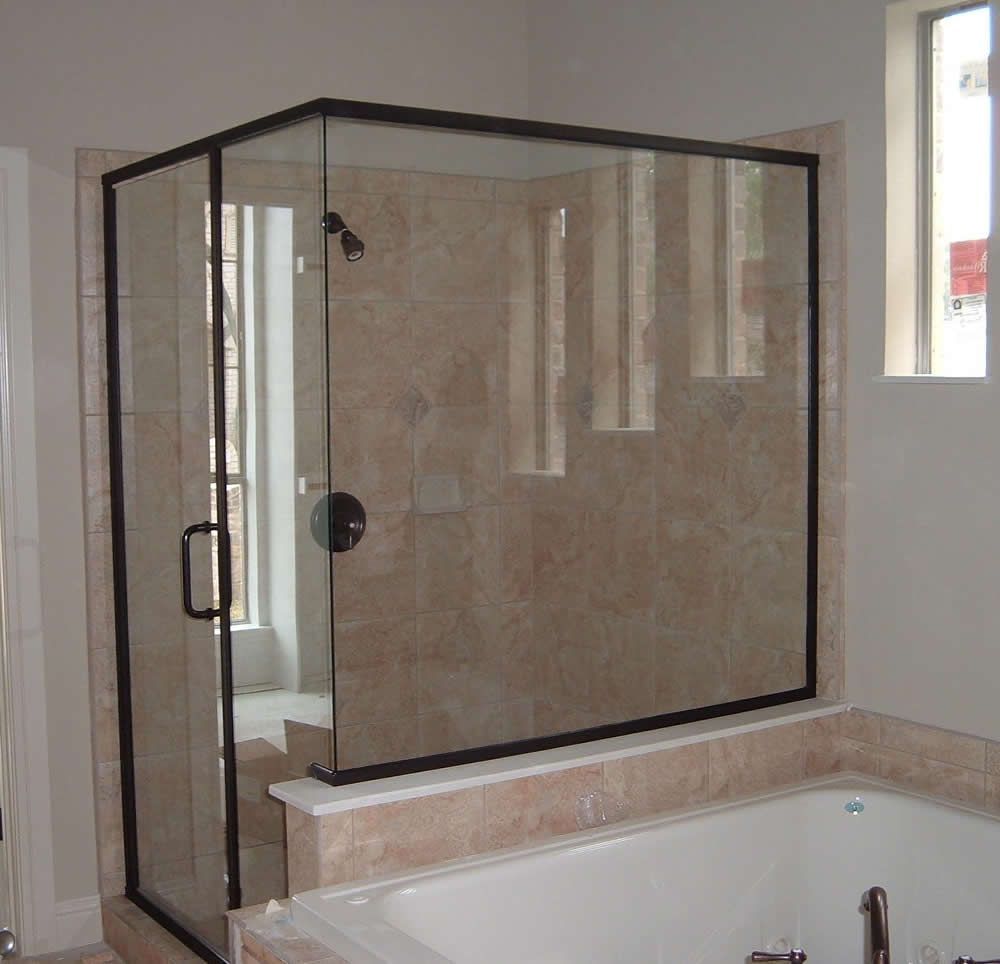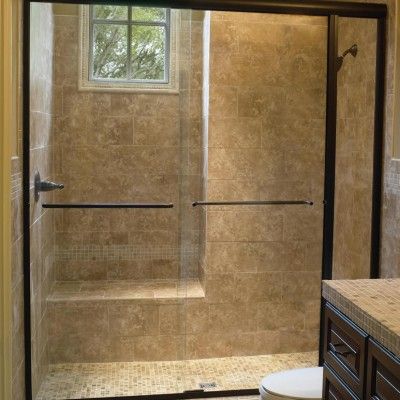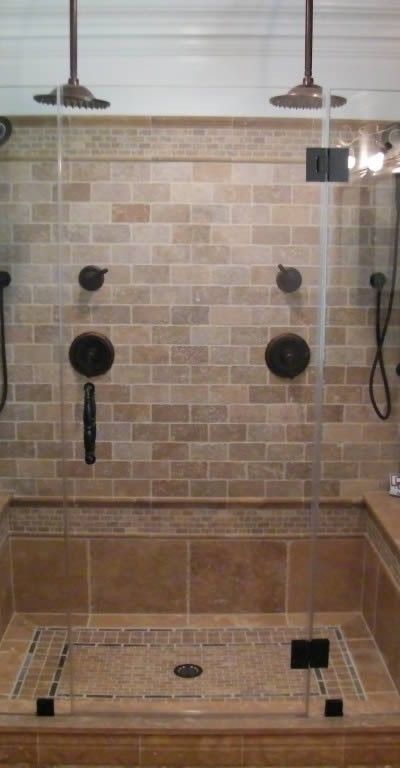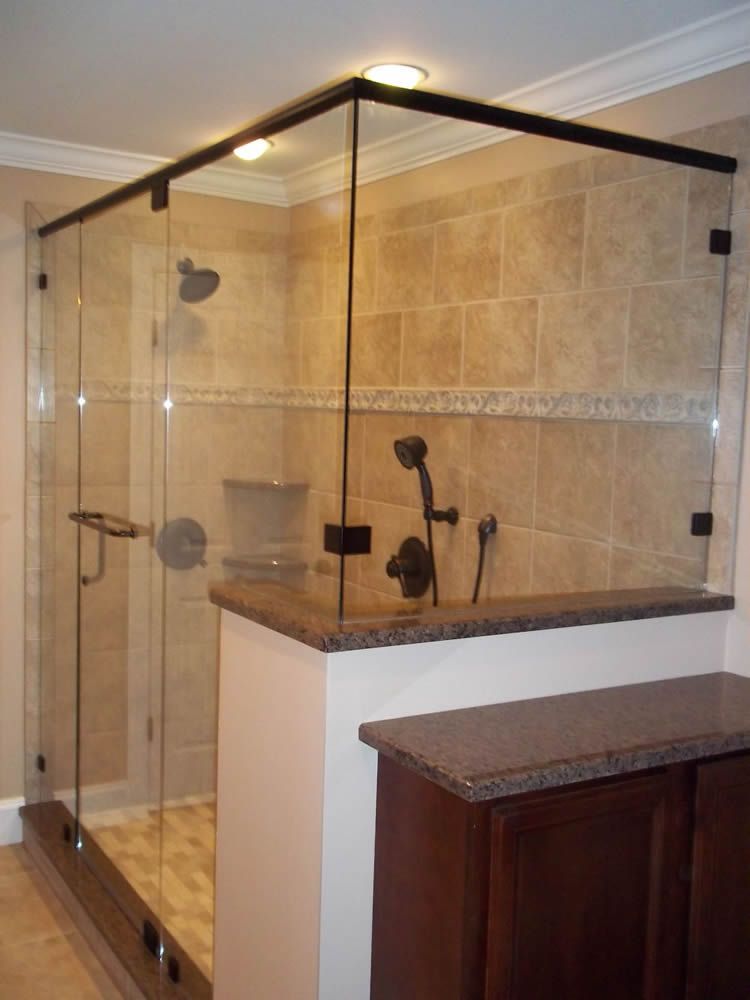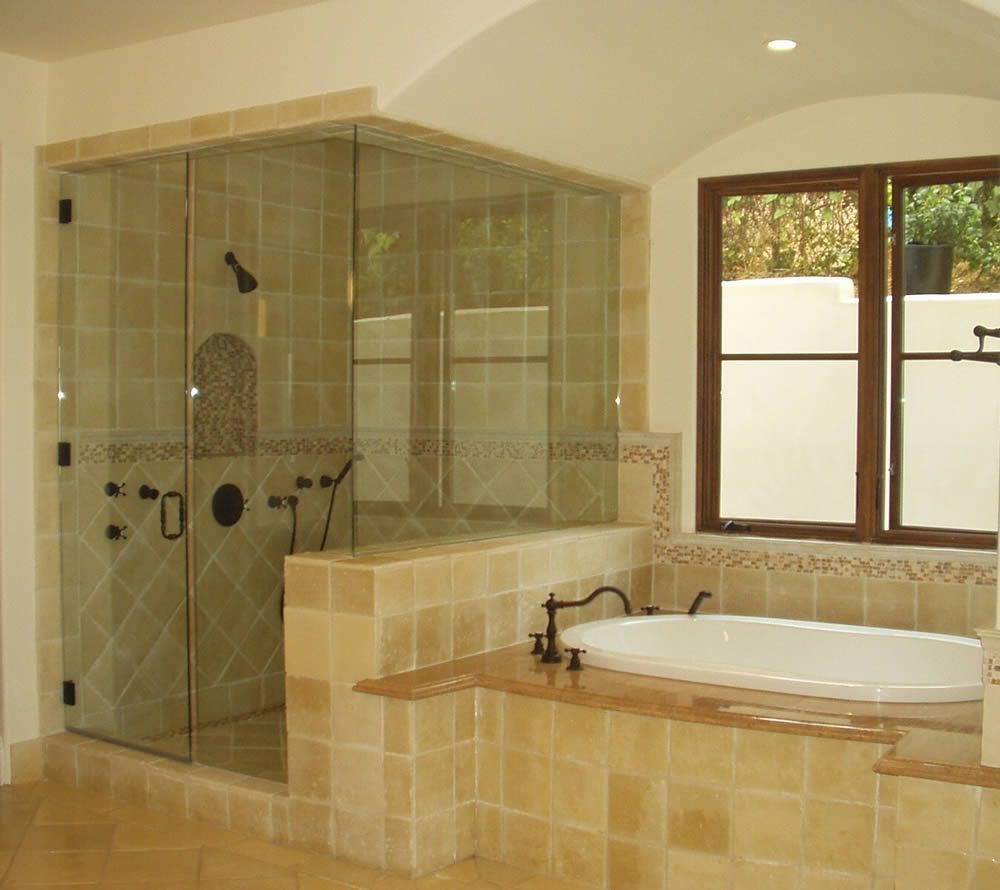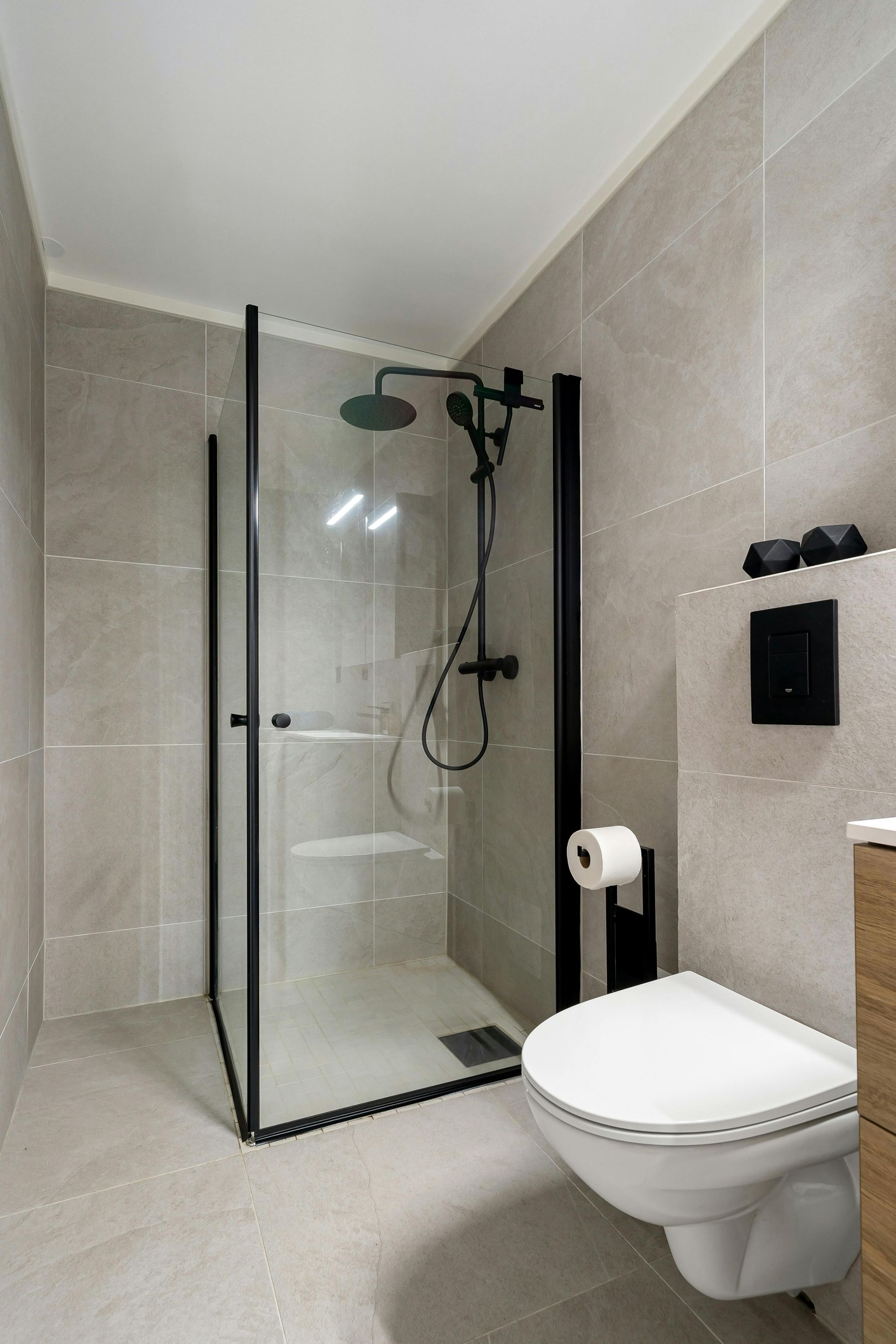What You Need to Know Before Choosing a Glass Shower Door
Opting for a glass shower door rather than a standard shower curtain can add depth and style to any Atlanta bathroom design, but you should carefully evaluate your options before deciding. Consider the enclosure you’ll be altering, the type of door to fit your needs, and the construction of the door. Once you’ve determined the style and construction, determine how to make it cohesive with your other fixtures and overall motif of your bathroom.
The options for shower doors are typically limited by the size of the bathroom, the type of tub or shower enclosure you’ll be modifying, and the orientation of the shower in the bathroom. The main types of shower doors include:
- Framed doors. Standard, swinging doors with a metal frame. The frame and hardware are typically chosen to match the other metal surfaces and hardware in the room.
- Frameless doors. Although they are more expensive than framed glass doors due to the thicker glass required, they are far easier to maintain since soap scum doesn’t have a place to collect.
- Neo-angle and round doors. For showers situated in corners, these doors pivot or swing open and can be framed or frameless. Round doors offer a unique aesthetic and space-saving alternative to traditional swinging doors.
- Sliding doors. A pair of glass panels that slide on a track can be opened from either direction, and are a great choice for bathrooms that are too small for a swinging door.
- Steam doors. For the added luxury of the sauna experience at home, a floor-to-ceiling glass door will trap steam inside the shower, and some can be fitted with a vent to release steam whenever necessary.
Once you decide on the best-fitting door for your bathroom, choose what type of glass to use. Glass shower doors need to be made from tempered glass, and frameless options must be thicker than standard glass doors. Your glass can be clear for a traditional, open look. Frosted glass provides additional privacy, and etched glass provides extra privacy with a bit of decorative flair. Your glass shower door can also be textured, patterned, or colored.
Colored glass tends to be more expensive than traditional tempered glass doors, since colored glass shower doors will require special treatments or fabrication processes. Additionally, an etched or textured pattern will also increase the cost of your project.
Cleaning and Finishing
Another important thing to consider for your glass shower door is the cleaning it will require. Framed doors tend to collect soap scum and residue more quickly and obviously than frameless options. An intricate frame may be far more time-consuming to maintain than a frameless option, but they are generally less expensive to install.
The right finishing touches for your glass shower door can create a cohesive and beautiful aesthetic for any bathroom. The glass shower door will add depth and a spacious feel to any bathroom design, and the right frame and hardware will tie together the rest of the room. A thoughtfully designed glass shower door can accentuate and amplify the appeal of any bathroom.
The post What You Need to Know Before Choosing a Glass Shower Door appeared first on Atlanta Georgia Shower Doors.

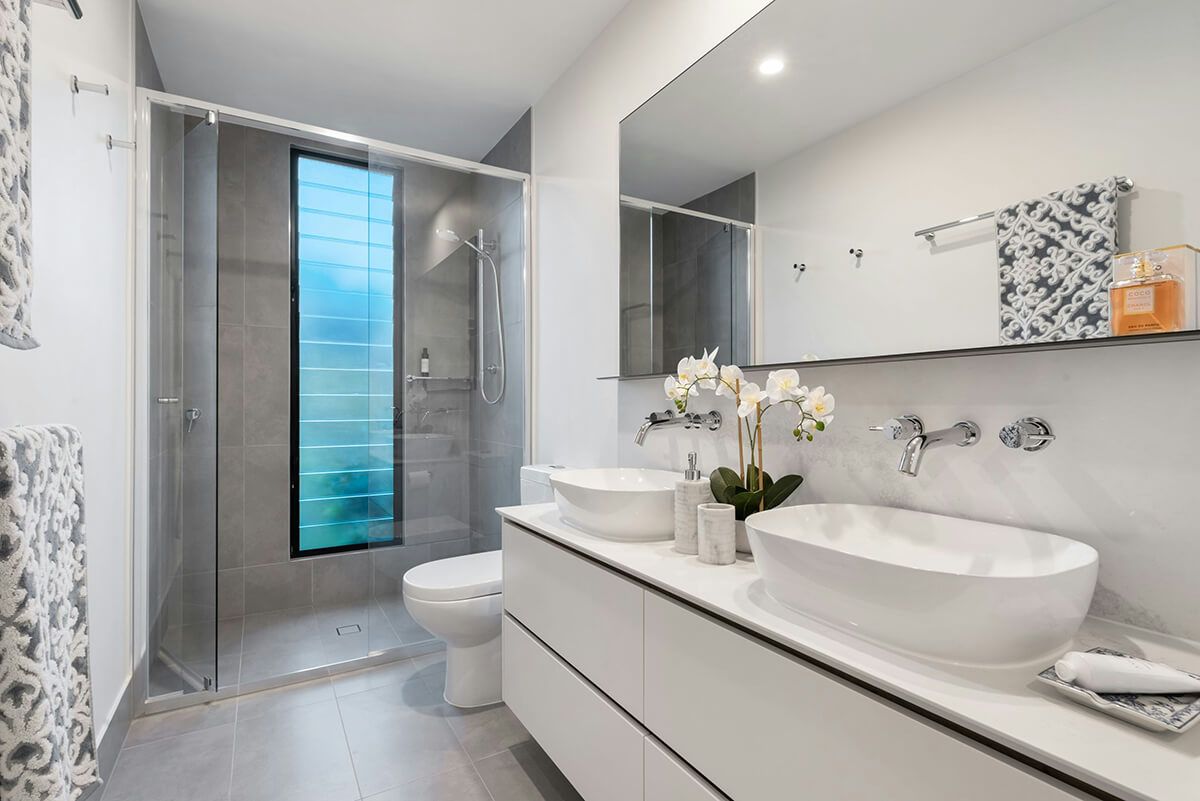
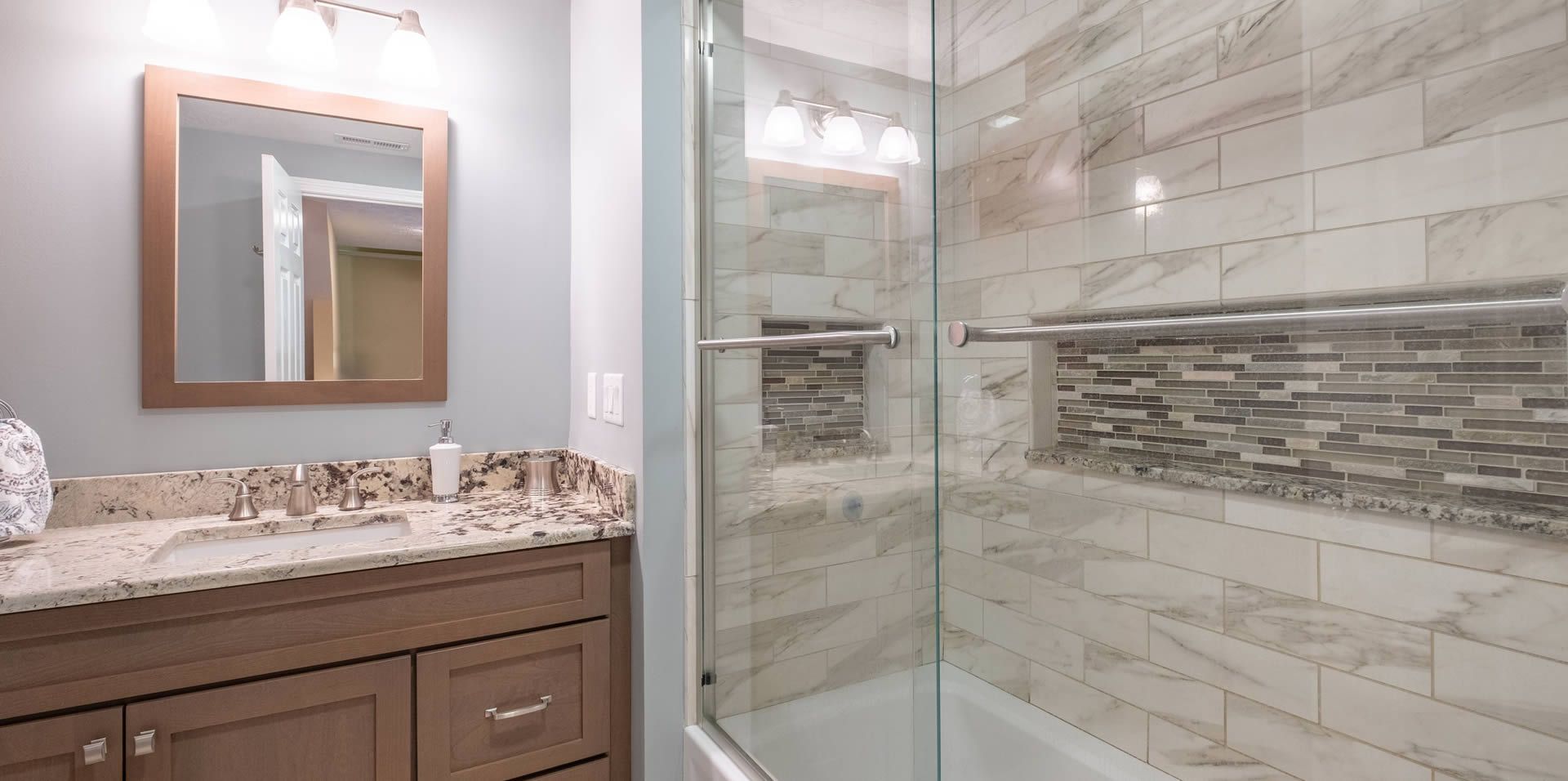

Superior Shower Doors delivers expert craftsmanship and high-quality shower enclosures, including frameless, semi-frameless, and framed designs. Serving Atlanta, GA, we offer professional installation, honest pricing, and exceptional customer service.
Services
Shower Door Installation
Frameless Shower Door Installation
Framed Shower Door Installation
Semi Frameless Shower Door Installation
Contact Us
(678) 873-6396
Copyright © 2025 – Superior Shower Doors All Right Reserved
Website Design and Search Optimization by ZaoMedia

